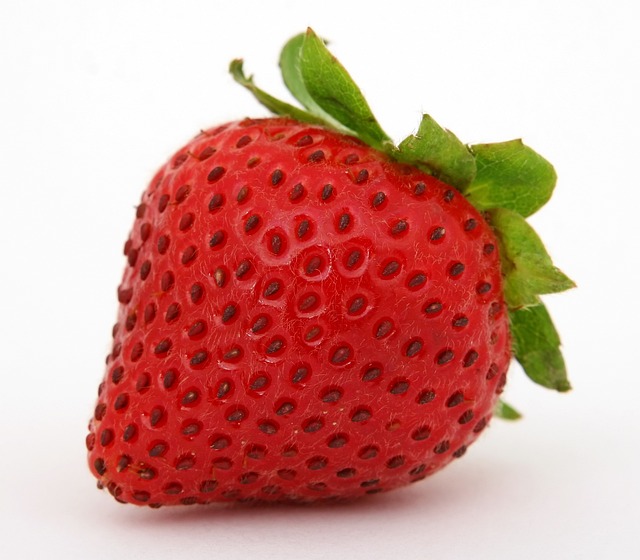Unlocking the Secrets of Probiotics: Harnessing Nature’s Hidden Treasure
Probiotics have gained immense popularity in recent years as people become more conscious of their health and well-being. These powerful microorganisms offer a range of benefits to the human body, promoting better digestion, strengthening the immune system, and even improving mental health.
What are Probiotics?
Probiotics are live bacteria and yeasts that are good for your health, especially your digestive system. These ‘friendly’ bacteria, when consumed in adequate amounts, can have a positive impact on your overall well-being. They work by restoring the natural balance of bacteria in your gut, which can be disrupted due to various factors such as a poor diet, stress, or antibiotic use.
The Power of Gut Health
The gut, often referred to as the “second brain,” plays a vital role in our overall health. It is home to trillions of bacteria, both good and bad, that significantly influence various bodily functions. When the balance between these bacteria is disrupted, it can lead to digestive issues, weakened immunity, and even mental health disorders.
Probiotics help restore and maintain this delicate balance by introducing beneficial bacteria into the gut. They colonize the intestinal tract, crowding out harmful bacteria and supporting optimal gut function.
The Benefits of Probiotics
The benefits of probiotics extend far beyond just improved digestion. Research has shown that these powerful microorganisms can:
- Enhance digestive health by reducing symptoms of bloating, gas, and constipation.
- Boost the immune system, making you less prone to infections and allergies.
- Improve nutrient absorption, ensuring you get the most out of the food you eat.
- Support mental health by influencing neurotransmitter production and reducing symptoms of anxiety and depression.
- Regulate inflammation in the body, which is a common underlying factor in many chronic diseases.
- Lower the risk of certain conditions such as irritable bowel syndrome (IBS), inflammatory bowel disease (IBD), and urinary tract infections (UTIs).
Sources of Probiotics
Probiotics can be found naturally in certain foods and beverages. Some of the best sources include:
- Yogurt: Choose plain, unsweetened yogurt with live and active cultures.
- Sauerkraut: Fermented cabbage is rich in Lactobacillus bacteria.
- Kefir: A probiotic-rich drink made from fermented milk or water.
- Kimchi: A traditional Korean dish made of fermented vegetables, packed with beneficial bacteria.
- Tempeh: A fermented soy product commonly used as a meat substitute.
- Miso: A traditional Japanese seasoning made from fermented soybeans.
Choosing the Right Probiotic Supplement
In addition to food sources, probiotics are also available in supplement form. When selecting a probiotic supplement, consider the following:
- Strain Diversity: Look for a supplement that contains a variety of strains to ensure you receive a broader spectrum of benefits.
- Colony Forming Units (CFUs): CFUs represent the number of live bacteria in each serving. Higher CFU counts are generally more potent, but it’s essential to start with a lower dose and gradually increase to allow your body to adjust.
- Survivability: Probiotic bacteria are delicate and can be easily destroyed by stomach acid. Look for supplements with enteric coatings or microencapsulation technology to protect the bacteria until they reach the intestines.
- Reputation and Quality: Choose a reputable brand that follows rigorous quality control standards.
Integrating Probiotics into Your Lifestyle
To harness the benefits of probiotics, consider the following tips:
- Incorporate probiotic-rich foods into your daily diet.
- Experiment with homemade fermented foods like kombucha or pickles.
- Read product labels to ensure you are purchasing products with live and active cultures.







